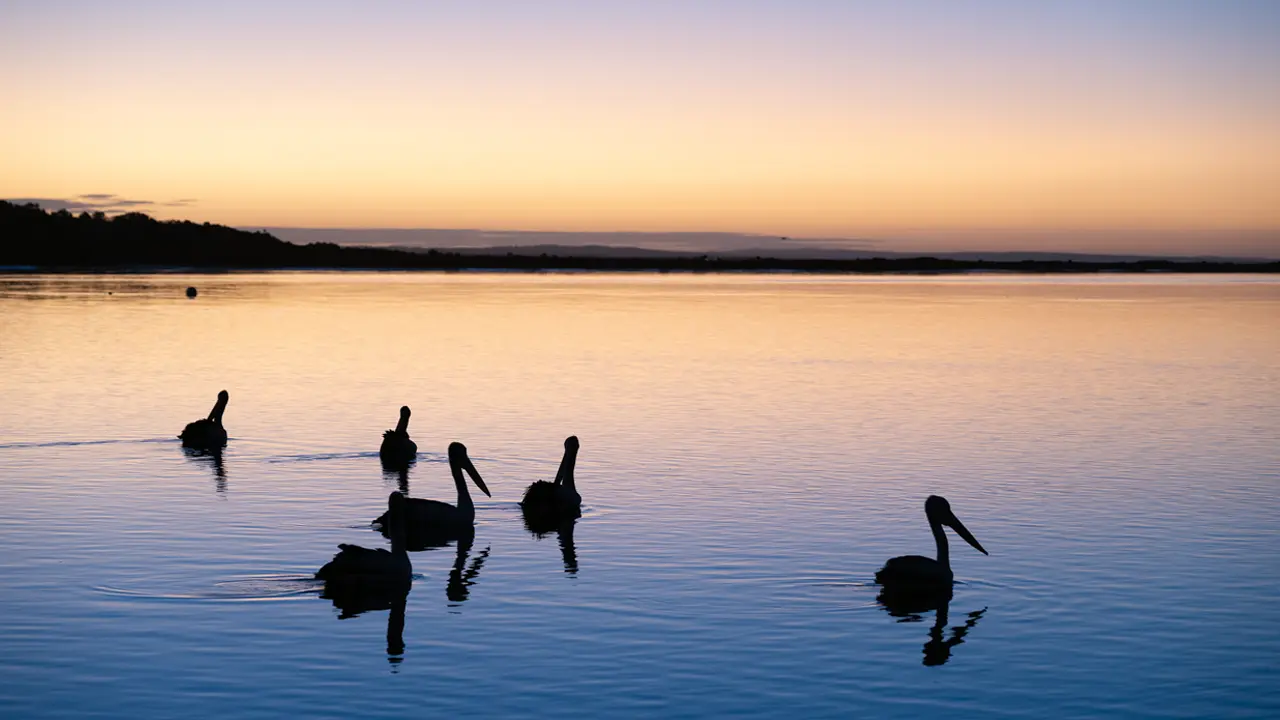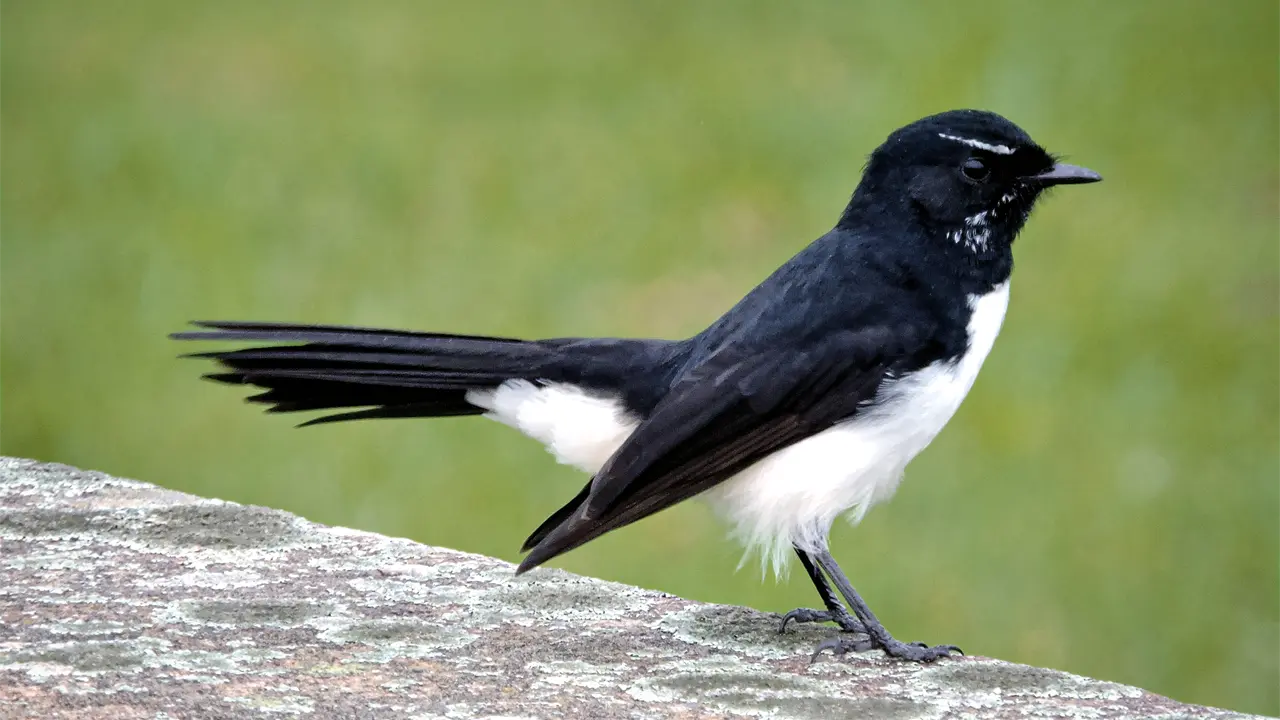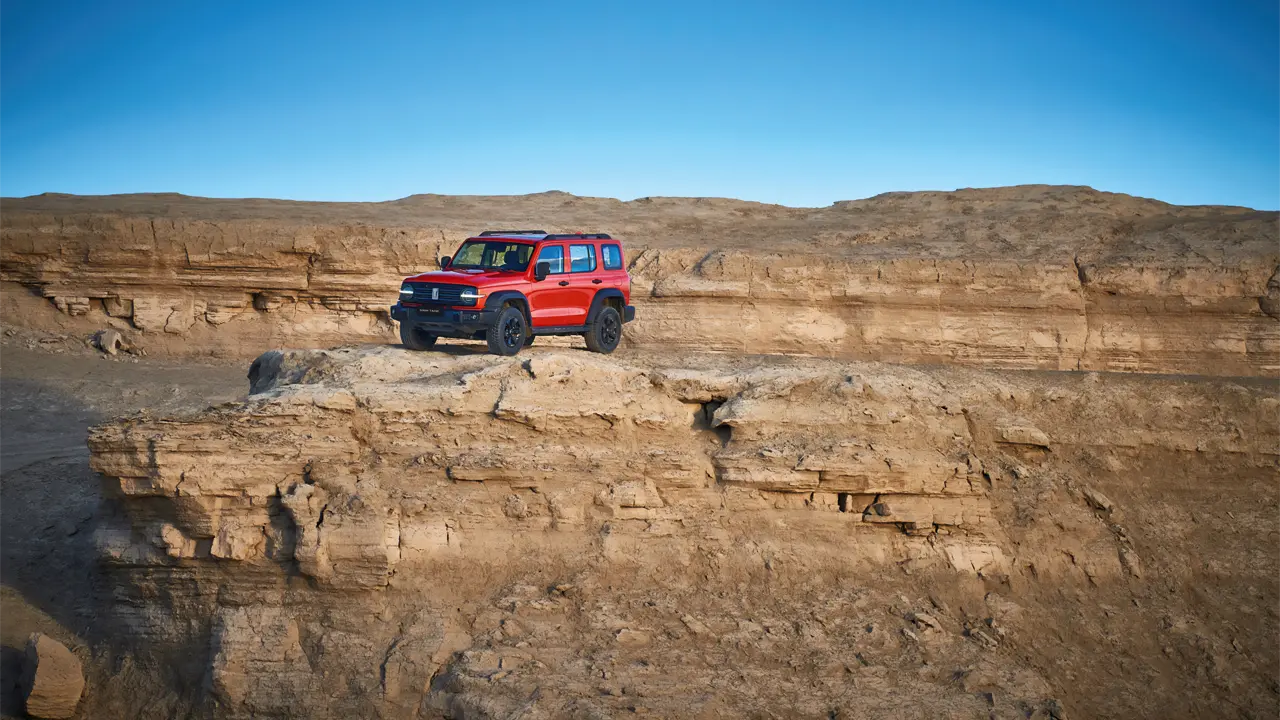Alex Thomas is planting the seed for social change when it comes to rural safety.
Story Gretel Sneath Photos Robert Lang
Sometimes it takes a single defining moment to plot a young person’s career path. However, for Alex Thomas, it was the domino effect of drought at Parnaroo station in SA’s north-east pastoral district that charted her future working in rural work health and safety (WHS).
You need swathes of saltbush flat to make a decent living north of Goyder’s Line, and Alex’s father, Chris, began mustering feral goats during the 1980s to boost income. But he hadn’t banked on getting struck down by Q fever. The dominos kept falling the following decade – Ross River virus, type 2 diabetes, the breakdown of his marriage, kidney failure and then heart failure. In the midst of everything, the station was carved up and sold.
The eldest of three children, Alex watched the mess unfold from boarding school in Adelaide. “I was painfully homesick, but of course home was never the same after that,” she says.
Witnessing the emotional fallout strengthened her resolve to fix things. “Even at 15, I felt this enormous sense of duty and it never occurred to me that it wasn’t my responsibility,” she says.
Former neighbour, Gen Sawers, from Pitcairn Station, wasn’t surprised that Alex wanted to take charge. “All of our kids grew up together and they all have that love of family, but also that wonderful work ethic and sense of purpose,” Gen says. “Determination is a big part of Alex’s character.”
After finishing school, Alex spent a year working as a jillaroo before joining the mining throng in 2006. “There were basically two entry-level jobs for women in mining back then: office administration or WHS, and after seeing Dad’s health deteriorate, I chose safety,” she says.
The job took her around the country, and as Alex, now 32, recounts a dizzy carousel of worksites, towns and temporary beds, she wonders if she was really just running away. “I desperately wanted to work in agriculture but I couldn’t find my place, for there’s a sense of displacement that comes when your family has to sell a property that you have lived and breathed,” she says.
New foundations were laid when Chris was rendered permanently disabled at 56. Alex became his part-time carer, and started her own consultancy developing smart safety management plans for the agricultural and fishing industries at an individual, association and corporate level. “I don’t think anyone falls out of bed one morning and decides they want to be a safety professional, but I genuinely care about people,” she says. “I’m an eternal empath – you can’t just walk past that stuff.”
The nation’s prawn fishers, lobster processors, agronomists and grain growers are among those to have taken Alex’s training on board. Lauded for her relatable learning methods, she shakes up the traditional bureaucratic approach by shifting the focus from paperwork and box-ticking to ethics and empowerment. “I knew I had to realign the narrative around WHS to one of care rather than compliance, in order to facilitate change and stand a chance of making a difference."
This story excerpt is from Issue #130
Outback Magazine: Apr/May 2020










